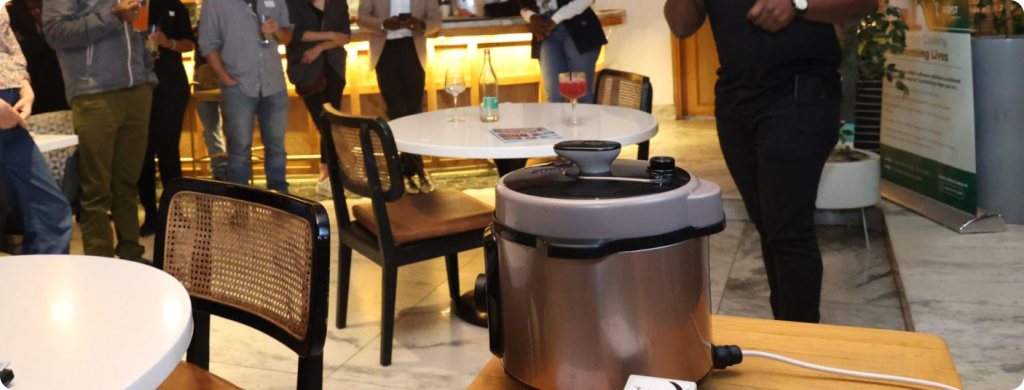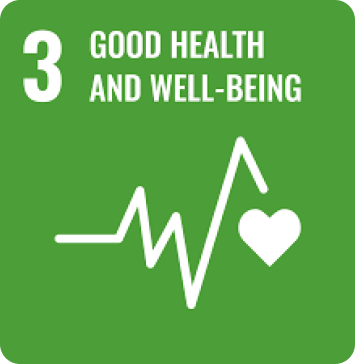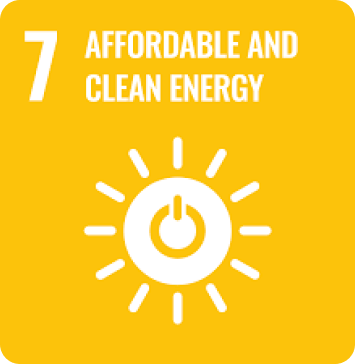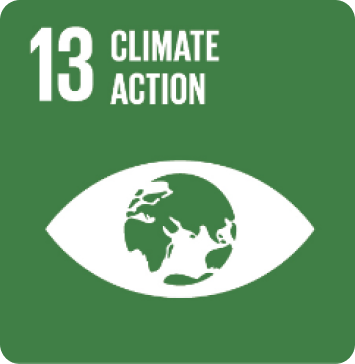Country: Kenya
EED Advisory - Carbon Credit Due Diligence on Efficient and Clean Cooking for Households.
About The Project
In collaboration with EED Advisory, Verst Carbon was engaged to perform carbon credit due diligence for a clean cooking initiative in Kenya, which took place between October and December 2023. This project aimed to evaluate the viability and sustainability of the clean cooking solutions offered by the company, ensuring the met the necessary standards to qualify for carbon credits.
The objective was to provide a comprehensive assessment to support investment decisions and promote projects that contribute to environmental sustainability through reduced carbon emissions.
The Problem

Clean cooking solutions have been widely recognized as a key measure in reducing household emissions and improving health outcomes. However, the process of securing carbon credits for such projects requires rigorous due diligence to ensure that the claimed reductions in emissions are valid and accurately quantified. In many cases, discrepancies in project design, financial models, and reporting can undermine the credibility of a project, leading to challenges in securing funding and recognition for carbon credits. For investors, inconsistencies in the financial and technical documentation of clean cooking projects raise concerns about the reliability and potential return on investment.
The Solution

Verst Carbon’s role in the project involved conducting a thorough due diligence process to verify the carbon credit potential of the clean cooking initiative. The process began with an in-depth review of the Project Design Document (PDD), which outlines the technical parameters, methodology, and expected emissions reductions of the clean cooking project. This review was critical in ensuring that the project’s approach to emissions reductions was sound, verifiable, and aligned with international carbon market standards.
Additionally, Verst Carbon evaluated the Investment Memorandum to ensure consistency with the PDD and to confirm that the financial assumptions used in the document were both realistic and transparent. A detailed analysis of the financial model was conducted to identify any discrepancies or inconsistencies that could impact the project’s financial viability or its capacity to deliver promised emissions reductions. By addressing these issues, Verst Carbon ensured that the project presented a credible case for receiving carbon credits and attracting sustainable investment.
Impact Made So Far
The carbon credit due diligence project had a significant impact on both the clean cooking company and the broader carbon credit market. By performing a robust assessment of the project’s documentation and financial model, Verst Carbon
helped to enhance the credibility of the clean cooking initiative, making it more attractive to investors. This due diligence process ensured that the project could accurately claim its emissions reductions, supporting its application for carbon credits.
Sustainable Development Goals (SDGs)
From a sustainability perspective, this project directly contributed to the achievement of several UN Sustainable Development Goals (SDGs). Specifically, it aligned with SDG 7 (Affordable and Clean Energy) by supporting access to clean cooking technologies that reduce reliance on traditional, polluting fuels. Additionally, the project addressed SDG 13 (Climate Action) by promoting efforts to reduce greenhouse gas emissions through the adoption of more efficient cooking solutions. Finally, the project supported SDG 3 (Good Health and Well-being), as cleaner cooking methods reduce indoor air pollution, benefiting the health of households, particularly women and children who are disproportionately affected by harmful cooking practices.


